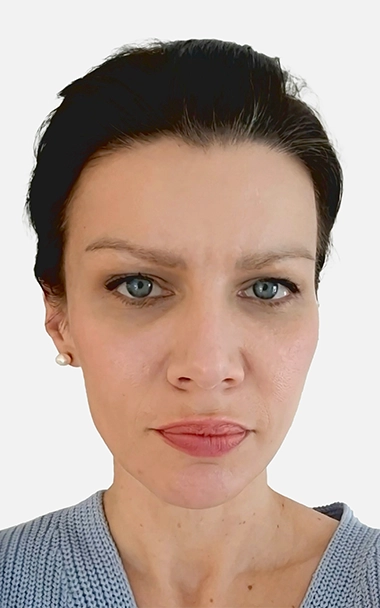The life of an interventional radiologist (IR) is a demanding yet profoundly rewarding journey. Entering this specialized field, I quickly realized that clinical acumen is merely the foundation; managing the multifaceted demands of this career requires a unique blend of resilience, adaptability, and unwavering dedication.
The initial years are a whirlwind. The learning curve is steep, demanding constant absorption of new techniques, technologies, and clinical knowledge. The sheer volume of procedures, from routine drainages to complex embolizations, necessitates a rapid development of procedural skills and decision-making abilities. Long hours in the angiography suite, coupled with on-call duties, often blur the lines between work and personal life.
One of the most significant challenges is managing the emotional weight of the job. We witness the fragility of human life daily, often intervening in critical situations. The pressure to deliver optimal outcomes, coupled with the inherent risks of minimally invasive procedures, can be emotionally taxing. Building resilience becomes paramount. This involves developing healthy coping mechanisms, such as debriefing with colleagues, engaging in mindfulness practices, and prioritizing self-care.
Time management is another crucial aspect. The IR workload is unpredictable, often punctuated by urgent cases that disrupt planned schedules. This necessitates a flexible approach, the ability to prioritize tasks efficiently, and the skills to communicate effectively with referring physicians and other members of the healthcare team. Learning to delegate and collaborate effectively is essential for maintaining a semblance of balance.
The ever-evolving landscape of IR requires a commitment to lifelong learning. Staying abreast of the latest advancements in imaging technology, catheter design, and embolization techniques is vital. This involves attending conferences, participating in workshops, and engaging in continuous medical education. Building a network of mentors and colleagues is invaluable for navigating the complexities of the field and staying informed about emerging trends.
Maintaining a healthy work-life balance is a constant struggle. The demands of IR can easily encroach upon personal time, leading to burnout and strained relationships. I’ve learned that setting boundaries is essential. This means consciously prioritizing time for family, friends, and personal interests. It also involves learning to say “no” when necessary and recognizing the importance of rest and rejuvenation.
Communication skills are paramount in IR. We interact with a diverse range of individuals, including patients, families, referring physicians, and other members of the healthcare team. Clear and concise communication is crucial for ensuring patient safety, coordinating care, and building strong relationships. Learning to explain complex medical concepts in a clear and understandable manner is a vital skill.
The ethical considerations in IR are also significant. We often face challenging decisions regarding patient selection, treatment options, and resource allocation. Developing a strong ethical framework and engaging in thoughtful discussions with colleagues are essential for navigating these complex situations.
One of the most rewarding aspects of IR is the ability to make a tangible difference in patients’ lives. We witness firsthand the impact of our interventions, often providing immediate relief and improving quality of life. This sense of purpose and fulfilment is a powerful motivator, driving us to continuously strive for excellence
Building a strong support system is crucial for navigating the challenges of IR. This includes colleagues, mentors, family, and friends. Having individuals to lean on during difficult times can provide invaluable support and guidance.
As an IR, I’ve learned that this career is a marathon, not a sprint. It requires a long-term commitment to continuous learning, personal growth, and professional development. By prioritizing self-care, building strong relationships, and maintaining a passion for the field, we can navigate the labyrinth of IR and find fulfilment in this challenging yet rewarding profession. The goal is not perfection, but rather a consistent pursuit of excellence while maintaining a healthy and balanced life.

